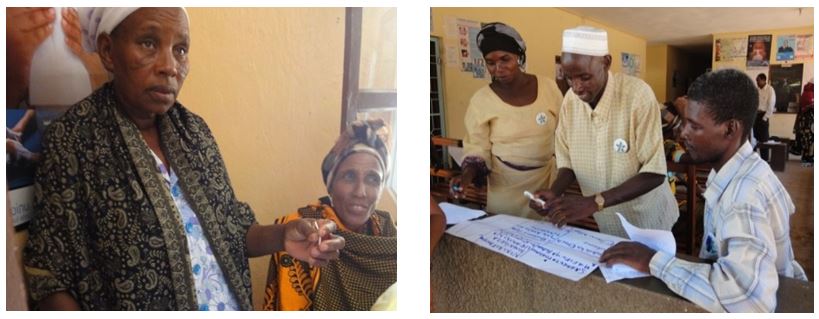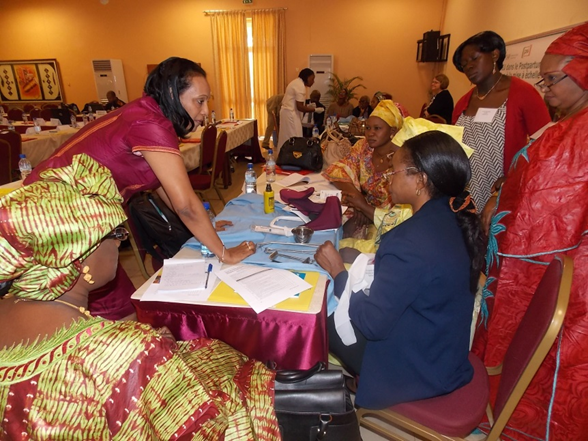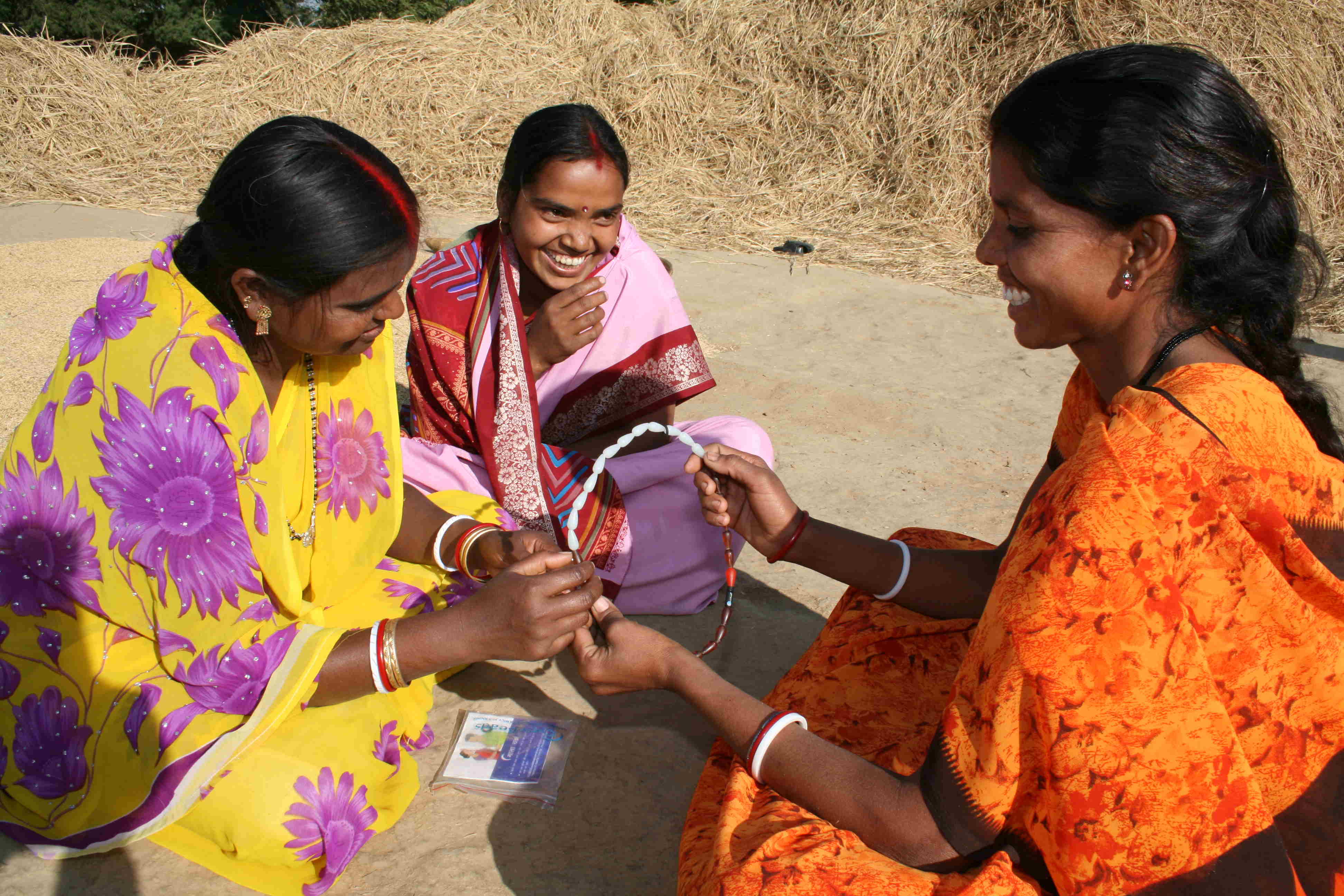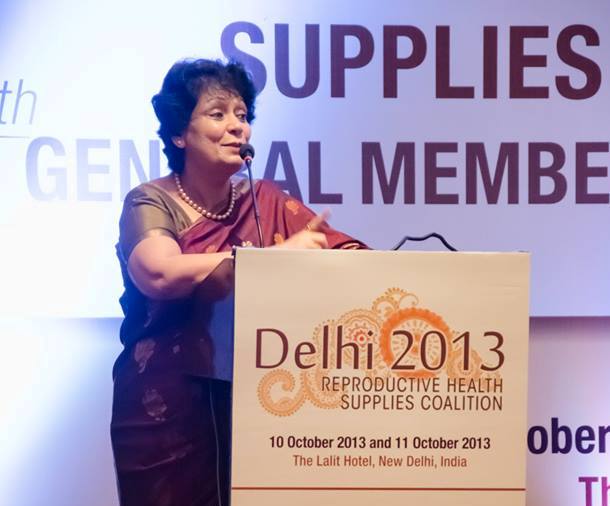Guest post by Molly Tumusiime, Program Associate (Community Engagement), EngenderHealth/Uganda
The Right to Health asserts that people are entitled to access reproductive health services, including family planning (FP), that are acceptable to them and of the highest possible quality. However, there are many barriers to individuals’ realizing this right at many levels. While policy change and provider training can support increased FP access and use and better ensure contraceptive choice, interventions at the policy and service delivery levels alone are insufficient. Community-level barriers also impede service utilization and should be addressed in participatory and cooperative ways.
In 2010, EngenderHealth began piloting site walk-throughs (SWTs) in Bangladesh, Ethiopia, Ghana, Tanzania, and Uganda. This promising approach—rooted in the core human rights principles of participation, empowerment, and accountability—catalyzes community participation in health and strengthens the accountability of service providers to communities. In addition, SWTs foster linkages and collaborative partnerships between health providers and community members in addressing barriers to informed choice and service access and in improving the quality and acceptability of services.

Photos by E. Brazier/EngenderHealth
Continue reading →







